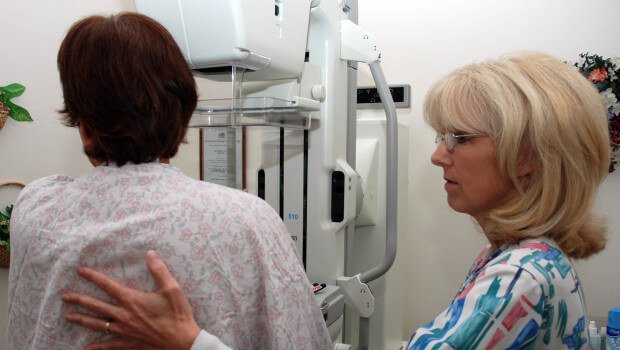Although cancer screening tests have been praised for saving lives, some experts believe that the benefit is non-existent. Experts in America and Germany have stepped forward, saying that cancer screenings do not save lives and that there is no benefit to the practice.
According to the experts, cancer screening causes psychological and medical harm to the patients. They say that cancer screening tests lead to over-diagnoses, which results in patients going through extremely debilitating treatments that aren’t necessary.
An analysis from cancer expert at the Oregon Health and Science University Vinay Prasad shows that cancer screening tests could be providing “false positive” results. This means that patients are told they have cancerous abnormalities that aren’t even present. In other cases, the cancer that is located is of a harmless variety that would have been better left untreated.
Prasad has stated that healthcare providers should be open and honest about the limitations of cancer screening. While the harms of cancer screening are largely certain, the benefits in overall mortality have not fully been proven. In the end, many people might ultimately be better off by opting out of cancer screenings.
Cancer expert from the Max Planck Institute for Human Development in Berlin Gerd Gigerenzer said, “Rather than pouring resources into ‘mega-trials’ with a small chance of detecting a minimal overall mortality reduction, at the additional cost of harming large numbers of patients, we should invest in transparent information in the first place. It is time to change communication about cancer screening from dodgy persuasion into something straightforward.”
Screening for prostate cancer has been found to be particularly unreliable. Men who are diagnosed with prostate cancer have a greater likelihood of having a heart attack, committing suicide, or dying from the cancer treatment itself than becoming a victim to the actual disease.
Many doctors believe that cancer screening is only beneficial for certain types of cancers. Last summer, a group of epidemiologists in the United Kingdom stated that the benefits of checks for breast cancer have been largely exaggerated. However, the group would not make the same claim about checking for bowel and cervical cancers.
Of course, a large number of doctors still support the practice. One such doctor is Dr. Anne Mackie, who serves as the the director of screening at Public Health in England.
Dr. Mackie said, “Cancer screening and follow-up treatment does prevent or can at least delay some people dying from cancer. There is clear and robust evidence of the benefits of bowel cancer screening and falls in deaths from cervical cancer. The independent Marmot review into breast screening in 2012 concluded that screening reduces breast cancer mortality by 20%.”
She added, “There needs to be some potential benefit for the individual being offered screening and that the benefits for the population outweigh the harms and should be cost-effective.”
Meanwhile, the head of health and patient information for Cancer Research UK Julie Sharp spoke of the benefits of checking for breast, bowel and cervical cancers.
Sharp stated, “In the UK, there’s no screening program for prostate or lung cancer because there isn’t good evidence that, overall, the benefits are likely to outweigh the harms. It’s vital that everyone is given clear, unbiased information on how the harms and benefits of screening stack up so they can make an informed choice about whether to accept their screening invitation.”
Stay Connected